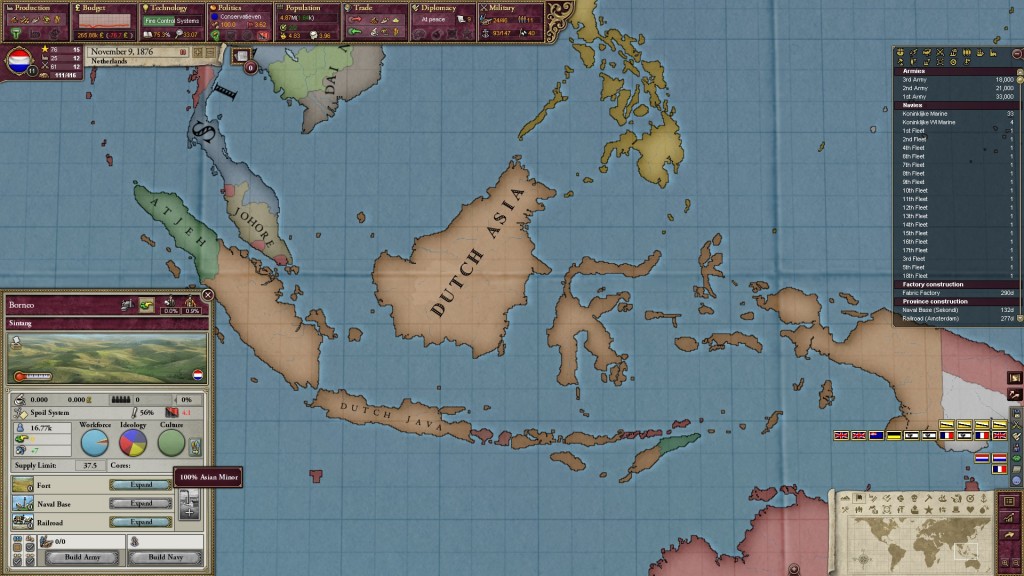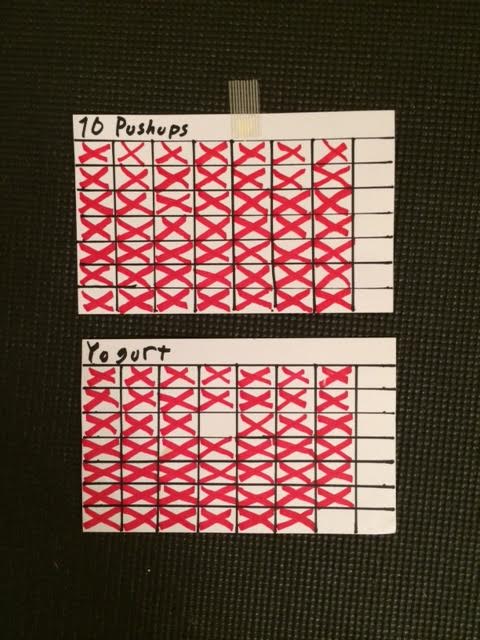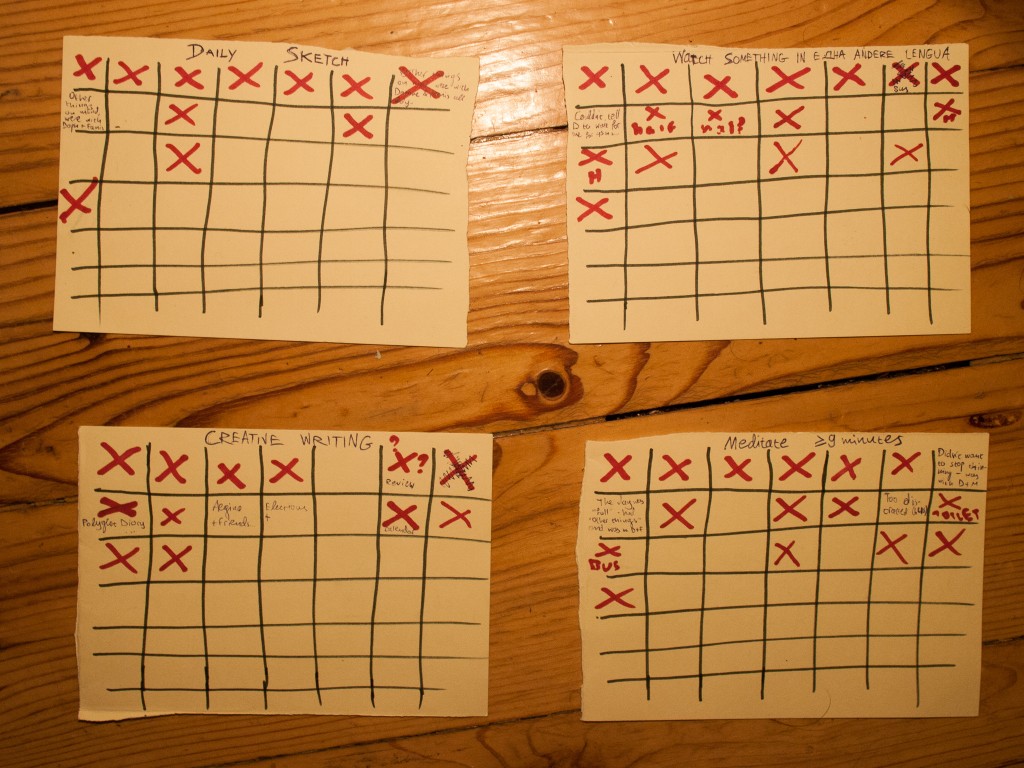 Personality Types: Using the Enneagram for Self-Discovery by Don Richard Riso
Personality Types: Using the Enneagram for Self-Discovery by Don Richard Riso
My rating: 4 of 5 stars

Experience has shown that … personalities … may be grouped into various major categories, and for purposes of studying them this is a helpful device. Classifications must never be taken too seriously—they ruin much thinking—but the fear to use them has prevented much more thinking.
—Karl A. Menninger, The Human Mind
The above quote would find a lot of people in the world in open disagreement. Even in the US, where different social needs and anxieties gave birth to almost all forms of typology developed today, there is still some skepticism about the extent to which typology works and is based on fact; in the culture I grew up in, namely millennial Greece, the very concept of the existence of a number of more or less concrete personality types, is rather foreign to say the least—ironically, too, because some of the most adamant proto-typologists were ancient Greeks philosophers such as Galen, who is the best-known.
My enduring fascination with the subject and my attempts of discussing it with my surroundings have been mostly welcomed with polite indifference and at worst with open contempt: surely the entire wide spectrum of humanity cannot fit in a handful of archetypes. “How is this any different from astrology?”, asks a One that has made her mind up about right and wrong; “no system can pigeonhole the infinite complexity that is me” is a common reaction from Threes or special-snowflake disintegrating Fours; “you do know that people’s behaviours change according to their surroundings, right?”, comes the valid though overly dismissive comment from a Five who likes to think he’s unusually smart and thorough.
It’s been very difficult to get people to look at this seriously and see the strengths of existing typology systems and how they can help us empathise with and understand eachother and ourselves. Half-arsed online tests and the seeming equation of typology with “which Disney/Game of Thrones/famous person are you?” hasn’t helped people take the field seriously either, but I’m not one to judge; after all, it is how I myself, and many others I’m sure, originally came across typology. The difference is that I took an interest in the theory of it all, the questions that result in the answers that are all the different types. Thus did my research in this realm begin years ago and ever since I’ve been slowly trying to follow Kierkegaard’s advice to become subjective toward others and objective toward myself.
Before reading Personality Types, the typology system I’d been most familiar with was the Myers-Briggs Type Indicator, or MBTI, developed in the ’70s and in later years built upon by David Keirsey and his theory of four temperaments. MBTI was based on Jung’s eight cognitive functions and laid out the sixteen four-letter type system we know and love today. According to it, each type is a different ordering of these Jungian functions that correspond to each individuals preference of use. I, for instance, am an INFP because I primarily use Introverted Feeling and then Extraverted Intuition.
Understanding how the cognitive functions work for each type is essential for understanding the MBTI, a fact which regrettably but understandably is most often missed by online tests, because it makes the whole thing about ten times more difficult to decode.
To sum up, MBTI is used to categorise people according to their cognitive functions: the mechanics of the manner in which they perceive and process information, how they perceive the world (by observing or by abstracting?) and how they make decisions (thinking their way out or doing what feels right?).
Nevertheless, the MBTI isn’t even what this book is about; I just wanted to illustrate the difference between it and the Enneagram, which is a different school of typology, and what Personality Types is about. Riso and Hudson did an excellent job with it of presenting the Enneagram as a more organic form of typology than MBTI. Sometimes the latter feels as if it’s somehow constructed or artificial; the Enneagram, on the other hand, is very convincingly presented in this book as something that does exist out there, that it is what had been attempted to be captured by the first known typologists in ancient times up to Freud, and consequently it is something that absolutely has to be part of modern psychology and psychotherapy. They make a convincing case that the Enneagram’s the culmination of everything that’s been done before in the field, the most perfected and complete system that has been developed to this day. And after reading the book, I do stand convinced.
Here’s a small sample of what the types are about and our problems:
Twos spend their whole lives searching for love from others and still feel that they are unloved.
Threes endlessly pursue achievement and recognition but still feel worthless and empty.
Fours spend their entire lives trying to discover the meaning of their personal identity and still do not know who they are.
Fives endlessly accumulate knowledge and skills to build up their confidence but still feel helpless and incapable.
Sixes toil endlessly to create security for themselves and still feel anxious and fearful about the world.
Sevens look high and low for happiness [through new experiences] but still feel unhappy and frustrated.
Eights do everything in their power to protect themselves and their interests but still feel vulnerable and threatened.
Nines sacrifice a great deal to achieve inner peace and stability but still feel ungrounded and insecure.
And finally, Ones strive to maintain personal integrity but still feel divided and at war with themselves.
The way out of these self-defeating patterns is to see that they cannot bring us the happiness that we seek because our personality does not have the power to create happiness. As wisdom has always recognized, it is only by dying to ourselves—that is, to our ego and its strategies—that we find life.
Apart from this small sample, here are some of the reasons I think the Enneagram is an excellent tool and theoretical system:
• The Enneagram is based on triads, just as the MBTI is based on pairs. Each Enneagram type is the combination of thinking, feeling or instinct with a modality of overexpression, underexpression or repression, which in turn represents each type’s fundamental characteristic: all at once, its main weakness, the bane of its existence, what it strives to overcome, as well as what it’s ambitions are aimed at and what it thinks it lacks. That makes 3 times 3, three modalities for three fundamental aspects of humanity.
• The wing system adds more depth and intricacy.
• On top of that, the fact that if as a person you’re expressing your type well you’re “integrating” into another type and if you’re not you’re disintegrating into yet another makes it clear what each type can strive for or can expect to happen if it doesn’t remain healthy.
• The system is made even more complex by the fact that for each type there are essentially nine sub-types according to the level of development of the type. That also goes for the wings and directions of integration/disintegration.
• All the above combined make the Enneagram not only a great tool for self-discovery, empathy and understanding, but also quite revealing and useful for self-development as well.
• While reading the lengthy descriptions for each of the types, I had very clear images of real people I know or friends of mine who appear to be embodiments of their types. Imagine the symbol above but with the faces of people in my social network at each end. My personal Enneagram became these 9 friends of family of mine, and now I believe I can understand their possible fears, troubles and priorities much better, as well as see reflections of those characteristics on myself.
This stuff is real and I want to get deeper into it. I would heartily recommend you do as well, and there’s no better place to start than Reddit’s Enneagram Subreddit which has all the information and links to tests you might need. When you get the basics, reading an actual book, this one or another good one by Riso and Hudson or other personality psychologists and distinguished writers on the subject, will be the way to go. Good luck!
View all my reviews







